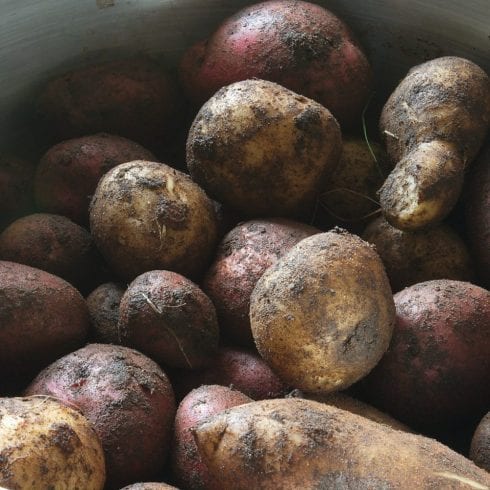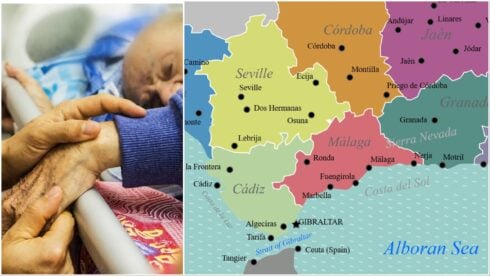HEALTH specialists have issued a warning against consuming potatoes that have sprouted – that is if you do not want to be struck down by diarrhoea, vomiting and mental confusion.
The caution comes in light of recent findings which highlight the potential dangers of potatoes when naturally occurring toxins found in sprouting potatoes are consumed excessively.
It could be bad news for potato lovers and the potato, long a staple in Spanish cuisine since it was brought back from Peru by the first conquistadors.
Potatoes are known for their versatility and nutritional benefits, including high fibre, vitamins, and minerals, generally pose no safety concerns.
However, they also contain a number of naturally occurring chemical compounds known as glycoalkaloids.
Some of these are toxic to humans – specifically solanine and chaconine – and can cause health problems in high concentrations, according to poisoning specialist Diana M. Pei.
While normal levels of these toxins are not harmful, an excess can cause symptoms such as vomiting, abdominal pain, irregular bowel movements, diarrhoea, headache, mental confusion, flushing, and even fever.

The Spanish Consumer Organization (OCU) has also highlighted the health risks associated with consuming sprouted potatoes.
The concentration of glycoalkaloids is notably higher in the leaves, flowers, green skins, and sprouts of the potato plant.
Sprouts indicate that the toxin levels have become dangerously high, meaning the potato is unsafe to eat.
Other factors, such as physical damage, low storage temperatures, or exposure to bright light, can also increase toxin levels.
It’s important to note that cooking potatoes, whether by baking, boiling, frying, or microwaving, does not eliminate these glycoalkaloids.
A noticeable green tint on the potato’s skin can also indicate a high level of toxins.
If sprouts or a greenish hue are present, it is advised to either remove the sprouts or throw the potato away entirely.
To avoid potential health issues, experts recommend purchasing potatoes close to the time of cooking, thoroughly inspecting them for sprouts and green skins, storing them in a cool, dark place, and peeling them before eating.
When in doubt, it’s safer to throw them away.
READ MORE:
- Norovirus outbreak in Spain: Health chiefs investigate after 40 people are infected at a school in Andalucia
- Health warning: Disease eradicated in Spain is surging in Europe at an ‘alarming’ rate, says the WHO
Click here to read more News from The Olive Press.








